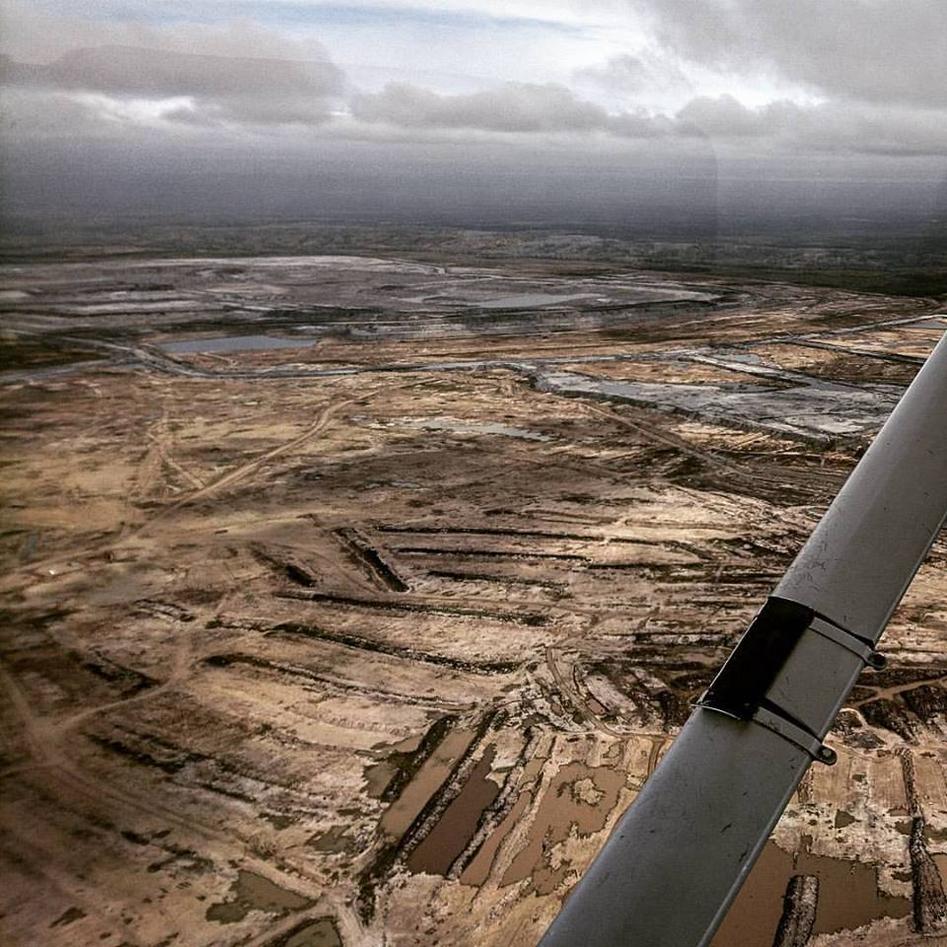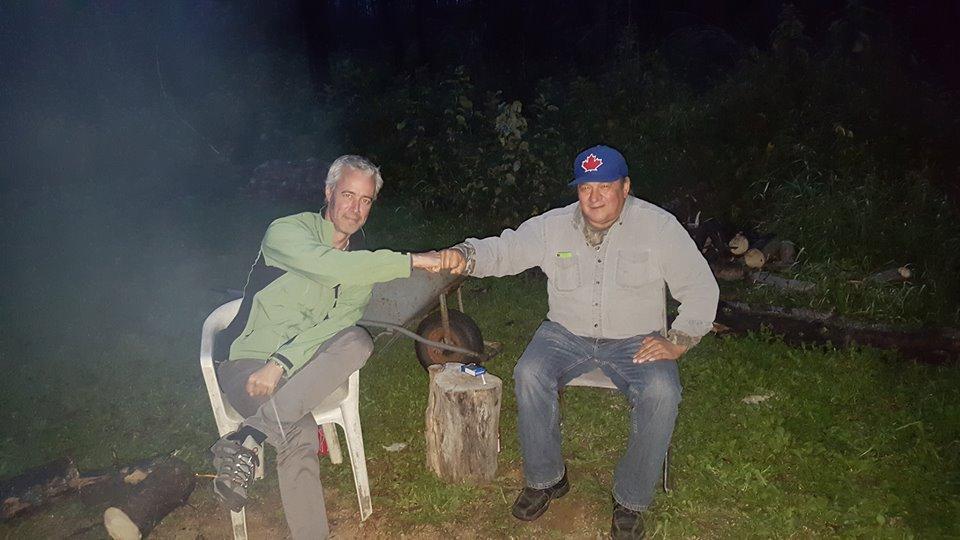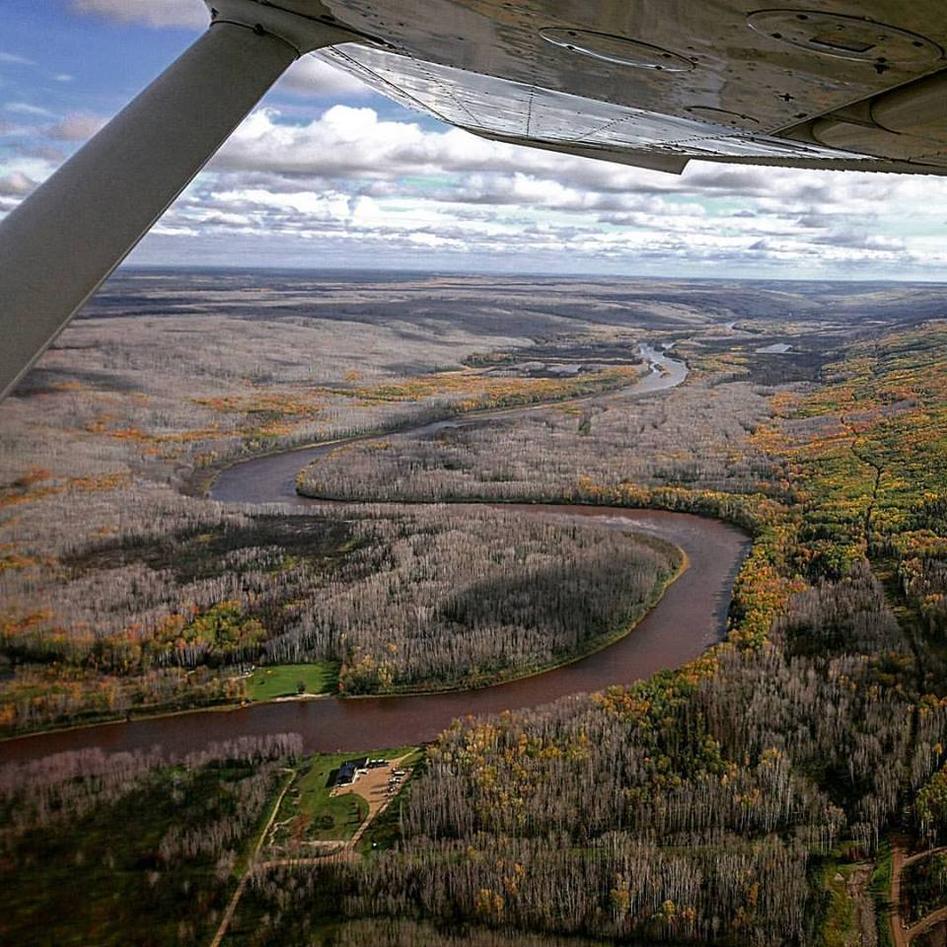Combustible rights
Local indigenous groups in Alberta, Canada embrace change as a survival strategy in the oil sands areas characterized by instability and uncertainty in the wake of the economic recession and devastating natural disasters.

Main content
Research Fellow at SpaceLab and department of Geography Tarje I. Wanvik is visiting areas as part of his PhD on social investment and local governance in societies marked by contentious energy projects.
The oil sands areas of Alberta are enormous, and a flight over them confirms this to the absurd. I'm in the area to interview local indigenous groups who are fighting for their rights to hunt, fish and gather midst of the industrial adventure that occupy increasingly larger areas, on all sides of the groups' traditional territories.
These days the local communities suffer a triple tragedy. Firstly, the widespread industrial developments are very limiting to their ability to exercise their aboriginal rights. There are mining, fencing, seismic lines, highways, industry and vast open wounds in the landscape as far as the eye can see, and widespread pollution of water and air.
Second, many of the communities have become dependent on work in and for the oil industry. Thus the low oil price hit these communities hard. Several of the communities I study also has extensive bilateral agreements with industry on so-called "local content", and more direct support to local activities and infrastructure. This makes them particularly vulnerable to fluctuations in oil companies' revenues.
And as if not this was more than enough to make most of us give up, the whole area was hit by a devastating forest fire in May and June this year which burned down more than 6,500 hectares of forest around the city of Fort McMurray, home to over 80,000 people who are directly or indirectly involved in the oil industry. The entire city was evacuated under very dramatic circumstances, and 10 to 15 per cent of the city's residential areas burned to the ground.
Along with Håvard Haarstad I have previously written about the vulnerability and instability in oil landscapes like this, or "carbonscapes", as we call them. In the article I am now preparing I show how the landscape, governance and power relations are unstable in this area. Hence I try to argue against ideas of path dependency and resource curse, but at the same time try to lie foundations for a society with a broader revenue base and greater diversification of knowledge, competence and services in order to be better prepared for sudden changes and reshuffle.
Underneath this reasoning lies a desire to support and expand our understanding of what it takes to change the social conditions that seems supposedly irreversible and predetermined.



